
The Uttar Pradesh government has accepted the report of the five-member commission. The commission was set up to investigate reservations for Other Backward Classes (OBCs) in civic body elections. The report was submitted within three months, according to Minister AK Sharma. But this matter is sub judice and will be presented before the Supreme Court.
Also, the opposition parties like Samajwadi Party and Congress have demanded that the government should release the report to the public so that they can examine the recommendations made by the commission.
Rajendra Chaudhary, the Samajwadi Party spokesperson, also shared his views on this. He said they are unaware of what is in the report and want to study it. Even Ashok Singh, the Congress spokesperson, echoed the same sentiment. He said they want to know what the report says as they prepare for the elections. They want to look into this issue as per the reports.
The reservation for OBCs in civic body elections has been contentious in Uttar Pradesh, with political parties divided over the issue. The commission’s report is expected to shed light on the issue and help the government make a fair and just decision for all.
However, the government has not yet revealed the report’s contents. But it is anticipated to be a crucial factor in the upcoming civic body elections. The decision ultimately made by the government will have significant implications for the representation of OBCs in local governance and the state’s political landscape as a whole.
In the meantime, the demand for the report’s release from the opposition parties will likely continue. It will put pressure on the government to make the report public. Conversely, the government must consider the legal implications of publicising the report. It is important as this matter is still sub judice. Also, the Supreme Court is set to hear the case.
The jury will address the reservation issue for OBCs in civic body elections. So, this issue will likely be in the spotlight for some time.
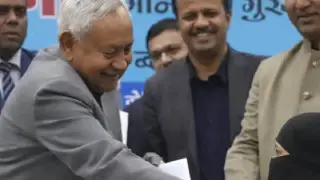
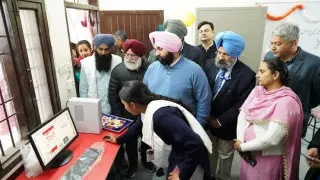
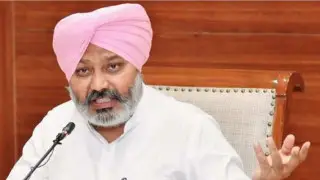
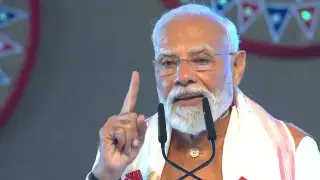
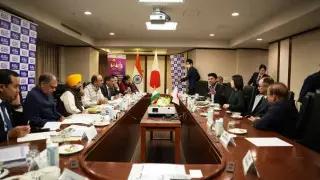





Copyright © 2025 Top Indian News
